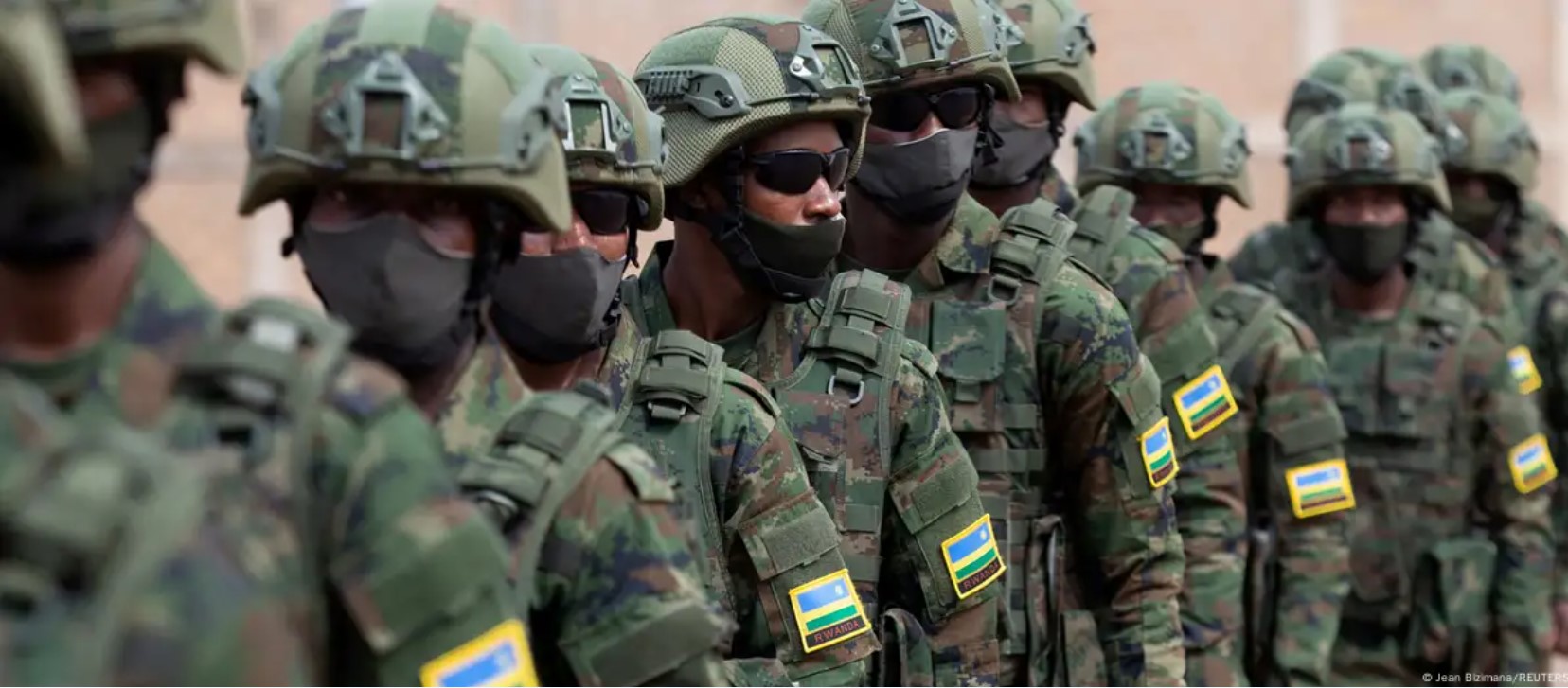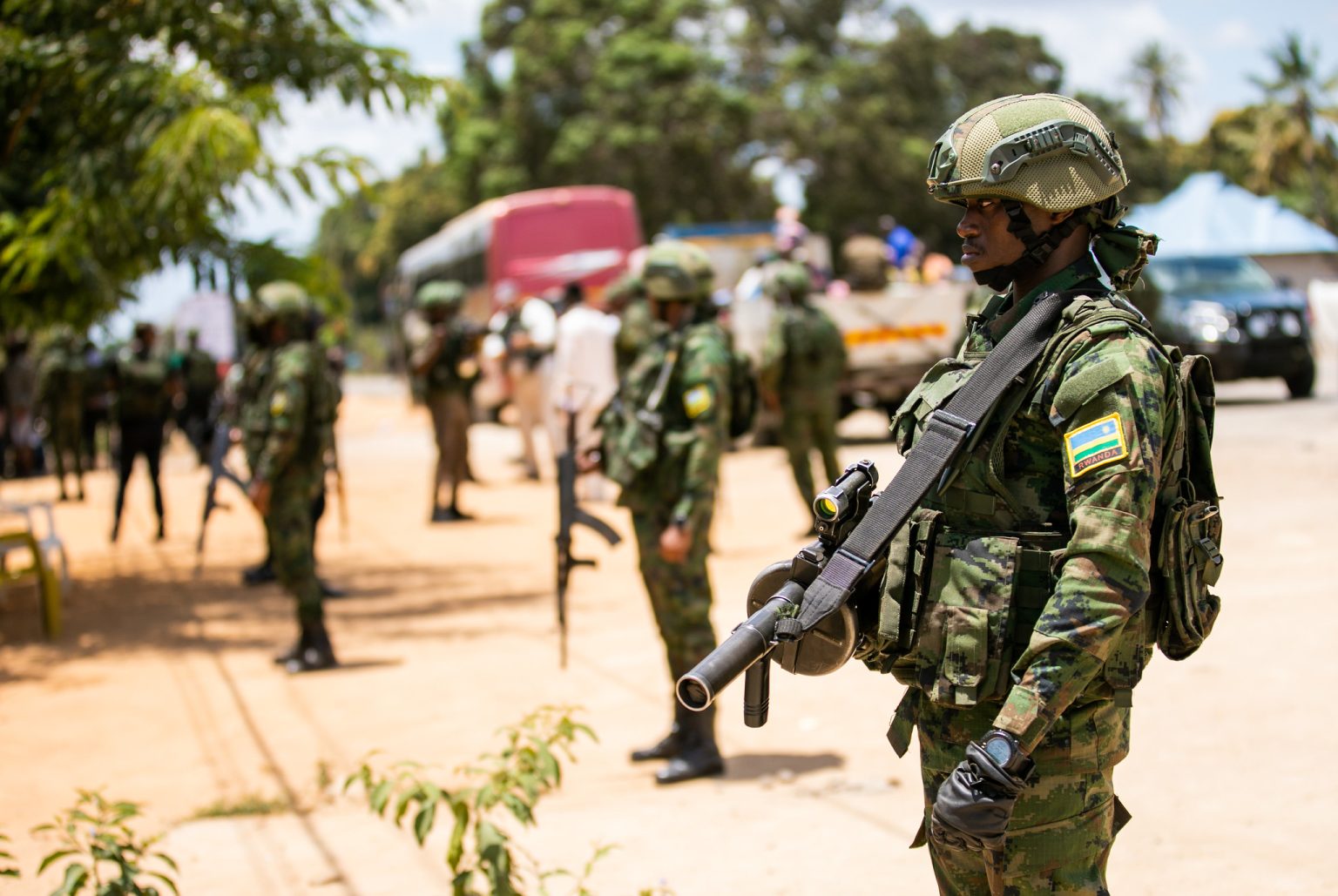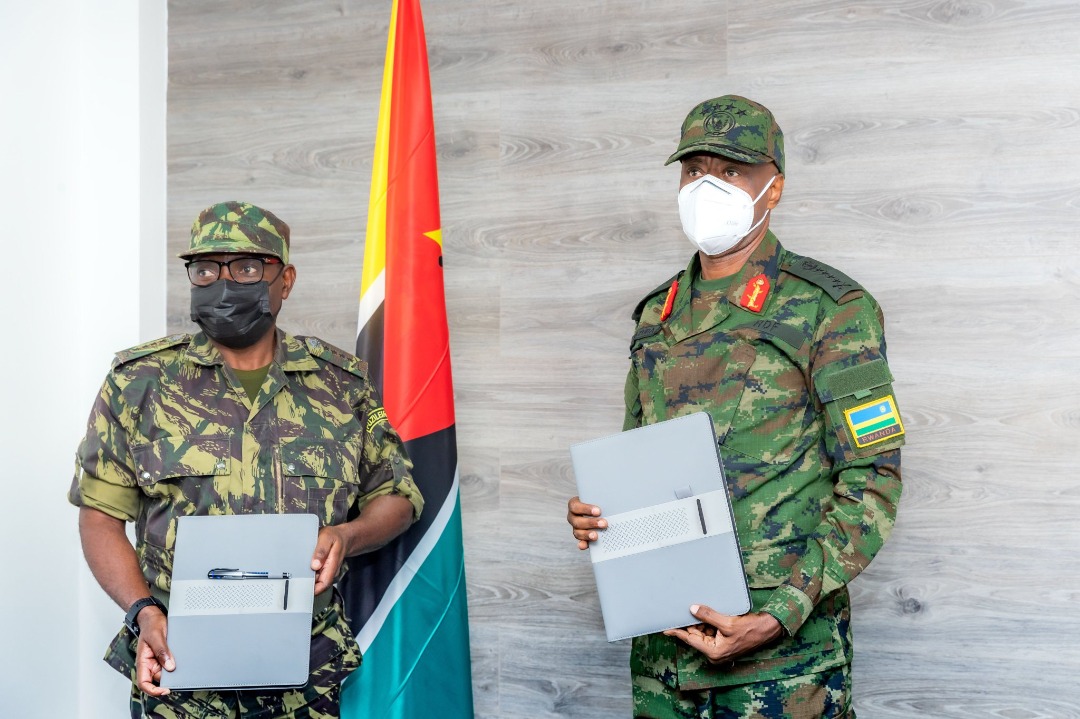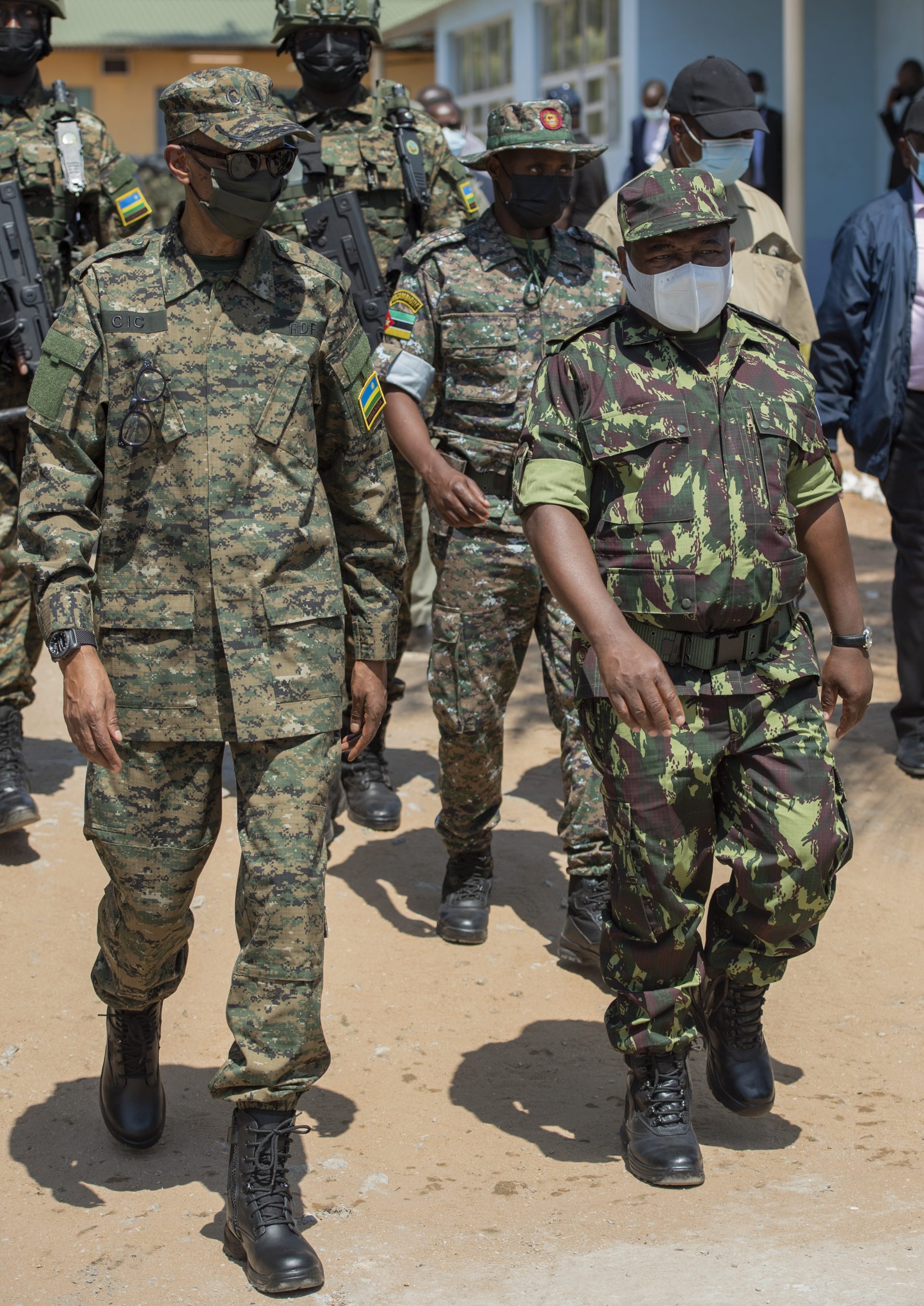International
Rwanda's mission in Mozambique is peace

Since stepping foot in Mozambique, in July 2021, the mission of the contingent of the Rwanda Defense Force (RDF) and the Rwanda National Police (RNP) has been to bring peace to the Mozambican people.
Since 2017, northern
Mozambique was brutally affected by terrorism and insecurity, which prompted
the government to request Rwanda to deploy its troops in the province of Cabo
Delgado, where terrorists had killed close to 3,000 people and displaced over
800,000 others.
Rwanda accepted the call of
duty and intervened because it is the right thing to do.
Rwanda is exercising its
commitment to the Kigali Principles of 2015. The principles primarily focus on
immediate response to situations that warrant the protection of civilians at
risk. This can be through multilateral arrangements through the UN or the AU or
through bilateral engagements as between Rwanda and the Central African
Republic or between Rwanda and Mozambique.
On October 9, Mozambicans
headed to polls, in which the ruling Frelimo party’s presidential candidate
Daniel Chapo secured 70.7% of the vote, according to official results.
Thereafter, there were claims of rigging by the opposition.
Amid the ongoing protests,
malicious allegations surfaced on social media, suggesting that Rwandan troops
were deployed to join the local security forces to quell the protests in
Maputo, allegations that the Rwandan government duly refuted.
“There are no Rwandan troops
in Maputo. Rwandan Security Forces are deployed strictly in Cabo Delgado
province, in joint operations with Mozambican forces against extremist Islamist
fighters that have been terrorizing residents in the province,” Yolande Makolo,
the spokesperson of the Government of Rwanda, noted.
The European Union also, in a
statement released on November 5, refuted the allegations. “No evidence has
been put forward to support the claims that Rwandese troops are present in
Maputo,” read part of the EU statement.
Through the European Peace
Facility (EPF), the European Union equips the Rwandan Security Forces with
protective individual equipment and covers the costs of transporting military
staff to fight the insurgency in Cabo Delgado.
For more than three years,
joint efforts between Rwandan troops and their Mozambican counterparts have
yielded good results. Kigali’s mission was to help Maputo fight the terrorists,
stabilize Cabo Delgado and restore the authority of the state. The mission, by
and large, has been a success in areas where Rwandan and Mozambican forces
jointly operate.
The Mozambique government trusted
Rwanda to do the job well. Rwanda did not disappoint. In the areas where
Rwandan troops operate, the terrorists were purged in less than a month and,
those who survived forced to find safe havens elsewhere.
The success of this swift
cooperation rubbed Rwanda’s detractors the wrong way. The detractors do not
care about the thousands of people whose lives were saved by the
Rwanda-Mozambique security partnership The same detractors are trying to use
the Mozambican opposition to tarnish Rwanda’s image and popularity with their
citizens.
What Rwanda’s detractors and
others like them know but never want to tell the world is that Rwanda, driven
by the lessons learned during and after the 1994 Genocide against the Tutsi and
the spirit of African solidarity, broadened its army’s capabilities and
committed to help other African nations.
Rwanda’s duty in all African countries through bilateral or multilateral missions, is to promote and keep the peace, not chaos.






